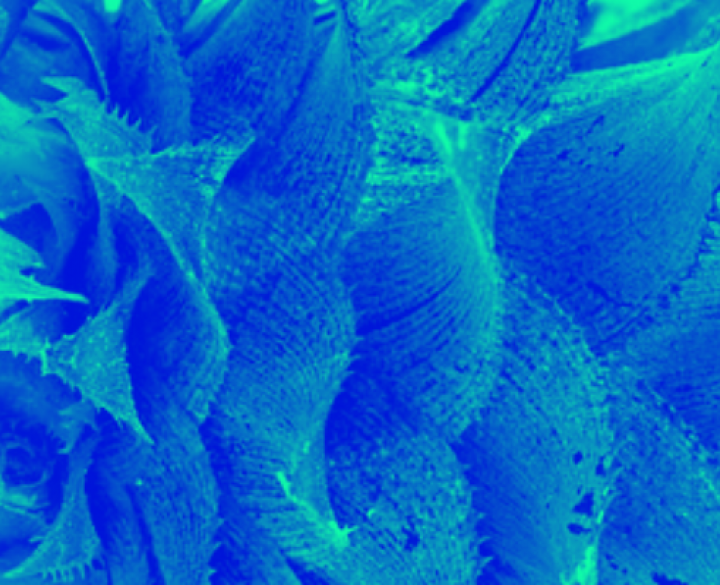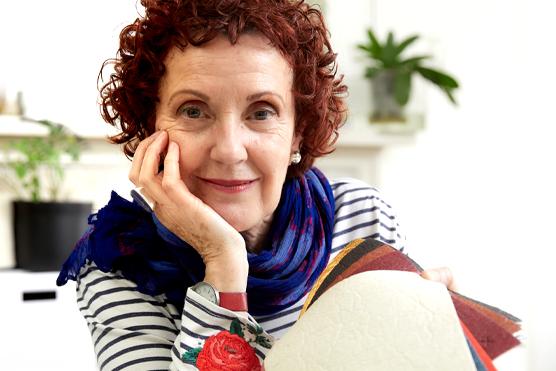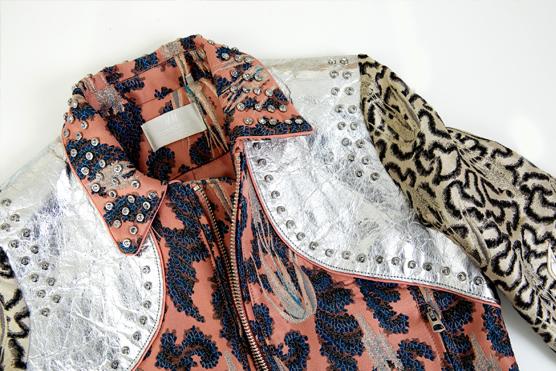The Founder and inventor of Piñatex, Dr Carmen Hijosa, has been nominated as one of the finalists for the European Inventor Award by the European Patent Office.
Dr. Hijosa, is the only woman nominated in her category and is considered to be one of the leading voices within sustainability and material innovation.
Now, Piñatex is at the forefront of new developments in textiles made from plant-derived waste. Her pioneering work has positioned the company as a market leader at a time when consumers are starting to push for more sustainable choices.
Quote from Dr Carmen Hijosa:
I am extremely honoured to be a finalist for this year’s European Inventor Awards. It's a magnificent recognition to my life's work and my company, Ananas Anam, along with everyone that has made this accomplishment possible. It is my hope that this award will be a beacon of inspiration and encouragement to countless women and the young generation to believe in their dreams; not give up on our chosen paths, be it in science, art, politics, whatever it is that can bring positive changes to humanity and the planet.
Spanish entrepreneur Carmen Hijosa has developed a versatile material that brands worldwide use as an alternative to leather. Her pioneering textile uses a waste resource, can be produced with less environmental impact than cow leather and is both cruelty‑free and vegan.
Many products we use every day are made of leather. However, conventional leather production requires vast natural resources to raise cattle for slaughter and the chemical-heavy tanning process brings a risk of pollution. Manufacturing and disposing of synthetic leather alternatives can also impact the environment and even be harmful to human health.
While working as a textile design consultant in the Philippines, businesswoman Carmen Hijosa was shocked by the environmental impact of leather production and appalling working conditions in the tanneries. She immediately shifted her business focus and was motivated to develop a sustainable textile that better used Filipino skills and raw materials. Inspired by the pineapple leaf fibres that have been used in the Philippines for 300 years in traditional hand-woven textiles, she decided to make these leaves into a mesh to replicate the knot of collagen fibres found in leather. Using discarded pineapple leaves as a raw material, Hijosa embarked on a lengthy development process culminating in the creation of Piñatex®, a patented alternative to leather. The textile is produced by purifying the cellulose fibres stripped from the leaves and processing them into a non-woven material - similar to felt - which is then meshed, washed, coloured, pressed, dried and softened. It can then be ironed out and used for a wide range of products.
Widening choice for today's consumers
Hijosa's patented textile was commercialised through Ananas Anam, a start-up she founded in 2013. The company employs around 10 staff at its London site and works with factories in the Philippines and Spain, as well as the biggest Filipino pineapple-growing collective. The collective comprises 700 families, who benefit from an additional income by supplying waste leaves.
Today, Piñatex is used by almost 3 000 brands in 80 countries. It can be found in a growing range of products - from trainers to jackets, car interiors and handbags - and even in the world's first all-vegan hotel suite. Over 27 million tonnes of residual biomass are discarded every year from the pineapple harvest. According to Hijosa, this alone could replace all the leather currently produced globally each year for shoes, without using additional land and resources. She remains Founder and Chief Creative & Innovation Officer for Ananas Anam and is at the forefront of new developments in textiles made from plant-derived waste. Her pioneering work has positioned the company as a market leader at a time when consumers are starting to push for more sustainable choices.
Source: EPO






